Every knife is a tool, an extension of the user who wields it. Be it Hunting Knives, Pocket Knives, Folding Knives, or Chef Knives & Sets, proper maintenance is essential to ensure their longevity and performance. Understanding knife care not only enhances their functionality but also elevates your experience in using them, whether for culinary artistry or outdoor adventures. In this guide, we’ll explore the significance of knife maintenance, share practical tips, and highlight the art of preserving these essential tools.
Why Knife Care is Essential
The investment in high-quality knives—be it for professional kitchens or personal use—is considerable. Without proper care, however, even the best knives can become dull and ineffective, turning them from prized possessions into forgotten relics. Here are several compelling reasons why maintaining your blades is crucial:
- Performance: A well-maintained knife cuts effectively, allowing for precision in slicing, dicing, and chopping.
- Safety: Dull knives require more force to cut, increasing the risk of slips and accidents.
- Longevity: Regular care helps to prolong the life of your knives, saving you money in the long run.
- Pristine Appearance: Proper cleaning and care maintain the visual appeal of your knives, ensuring they always look their best.
- Personalized Gifts: High-quality, well-maintained knives make thoughtful gifts that demonstrate your appreciation.
Basic Knife Maintenance: Essential Practices
Cleaning Your Knives
The first step in knife maintenance is proper cleaning. Here are some best practices to keep your knives in top shape:
- Wash by Hand: Avoid the dishwasher. Hand washing with mild soap and warm water is best for keeping knife blades and handles intact.
- Immediate Cleaning: Clean your knives immediately after use to prevent food from drying on the blade, which can lead to corrosion.
- Dry Thoroughly: Always dry your knives completely with a clean towel to prevent rust and maintain their integrity.
Sharpening Your Blades
A sharp knife is essential for safety and effectiveness. Regular sharpening should be part of your maintenance routine:
- Frequency: How often you sharpen your knives depends on usage—cook regularly, sharpen more frequently.
- Types of Sharpeners: Utilize whetstones, honing rods, or electric sharpeners, depending on your comfort and skill level.
- Technique: Master the right angle (typically around 20 degrees) for sharpening, ensuring even wear on the blade.
Storage Solutions
How you store your knives impacts their condition. Here are some storage options that can help maintain your blades:
- Knife Blocks: These offer protection for blades and are aesthetically pleasing for kitchen counters.
- Magnetic Strips: A great way to keep knives organized and within reach, magnetic strips prevent blades from clashing.
- Sheaths: For Hunting Knives and Folding Knives, consider using sheaths to protect the edge and keep them safe.
The Impact of Materials on Knife Maintenance
Understanding the materials that make up your knives plays a significant role in how you maintain them:
Stainless Steel Blades
Stainless steel is popular for its resistance to rust and corrosion, but it's essential to still care for them properly:
- Clean and dry after each use to prevent staining.
- Sharpen regularly to maintain the edge.
Carbon Steel Blades
Known for their sharpness, carbon steel blades require more diligent care:
- Wipe down after use to avoid oxidation and rust.
- Regularly apply a thin coat of oil on the blade to protect it from moisture.
Handle Care
Don’t forget about the handles, whether they are wood, plastic, or composite:
- Wooden Handles: Occasionally rub with mineral oil to maintain a natural luster and prevent cracking.
- Plastic Handles: Simple hot-soapy water will often do the trick.
Common Mistakes to Avoid
Even experienced users can fall into traps. Here are some mistakes to avoid when caring for your knives:
- Using the Wrong Cutting Surface: Always use a cutting board rather than hard surfaces like glass or metal.
- Neglecting Regular Maintenance: Developing a routine will save you from bigger issues down the line.
- Ignoring the Handle: The handle is just as important as the blade—keep it clean and treated.
A Personal Touch: Engraving and Customization
Knives can be more than just functional tools; they can be Personalized Gifts with sentimental value. Engraving your knife adds a unique touch and serves as a reminder of the memories associated with it. Whether it's a name, date, or a meaningful phrase, customization can turn an everyday tool into a treasured keepsake.
Incorporating Knife Care into Your Routine
Establishing a regular knife care schedule can make a significant difference in prolonging their life:
- Weekly Check: Set aside a time each week to inspect and clean your knives.
- Monthly Sharpening: Aim to sharpen your knives at least once a month for optimal performance.
- Seasonal Maintenance: Consider a more in-depth inspection and maintenance routine quarterly to ensure everything is in top condition.
Knife Care and Its Environmental Impact
As knife enthusiasts, it’s important to think about our environment. Maintaining knives properly not only saves them from degradation but also reduces waste. By taking care of your knives, you minimize the need for constant replacements, thereby benefiting the planet. A well-maintained knife lasts longer, making it a more sustainable choice for your kitchen or outdoor adventures.
Time to Transform Your Knives into Family Heirlooms
Investing time and effort into the care of your Chef Knives & Sets, Hunting Knives, Pocket Knives, and Folding Knives isn’t just an act of maintenance—it's an art. By following these simple yet effective tips, you can ensure your blades retain their sharpness, beauty, and utility for many years to come. Embrace the responsibility that comes with owning quality knives, and in return, they will provide you with joy, precision, and safety in every cut. Remember, a well-cared-for knife is not just a tool; it’s a companion that enhances every culinary creation and adventure.


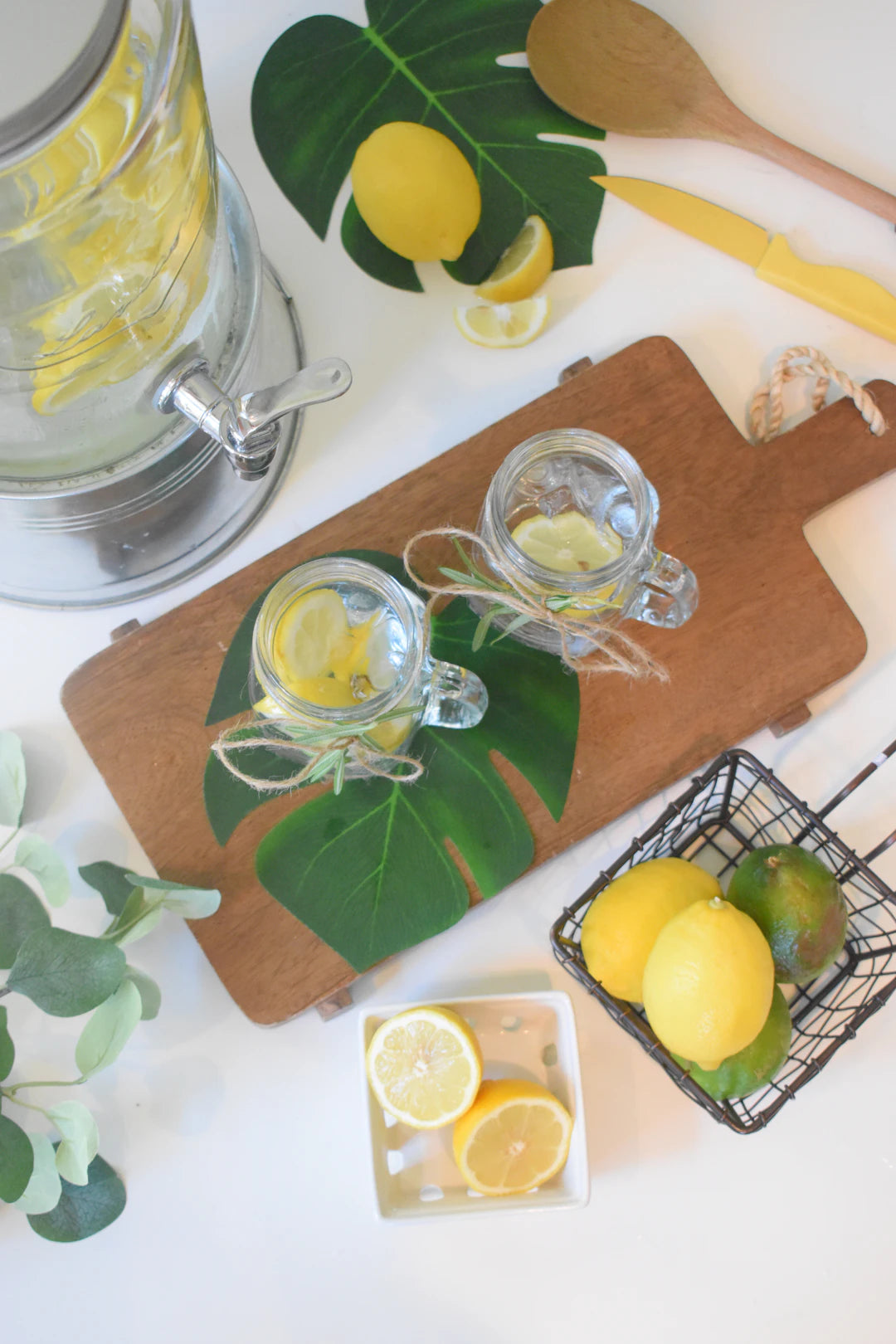



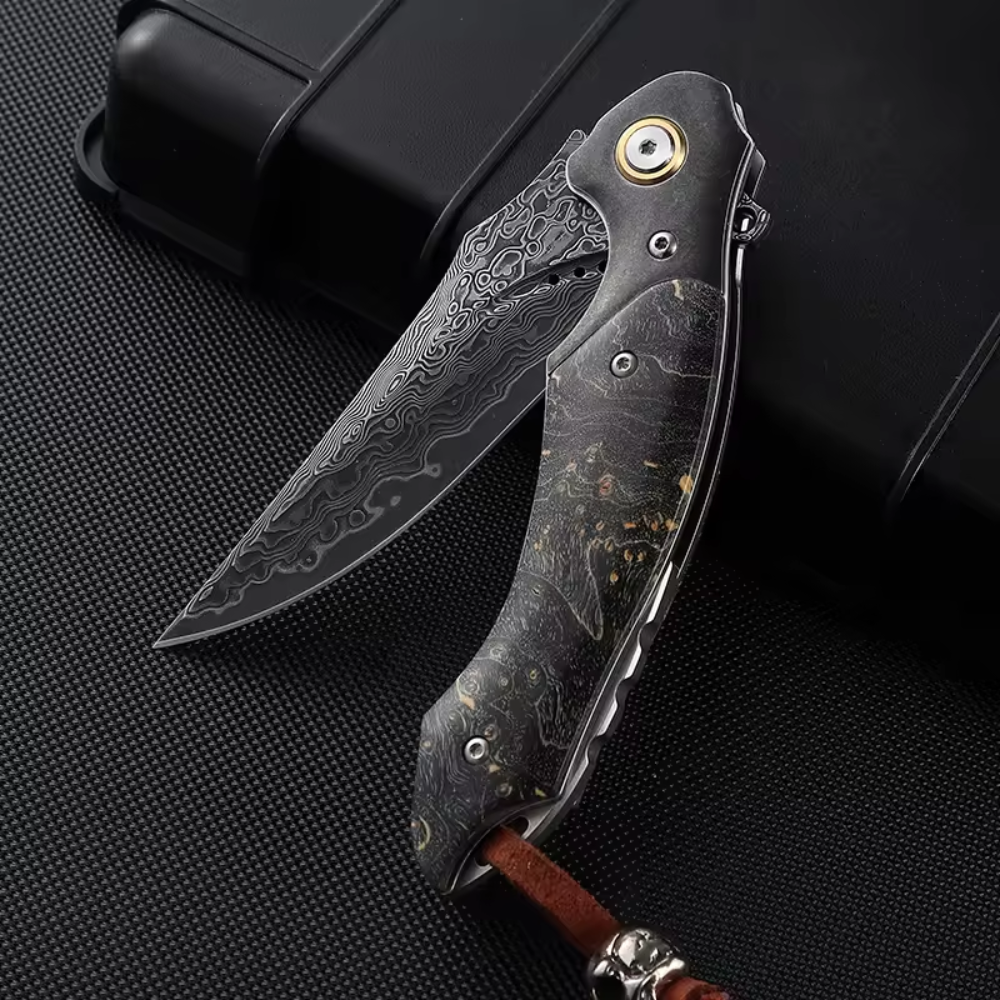
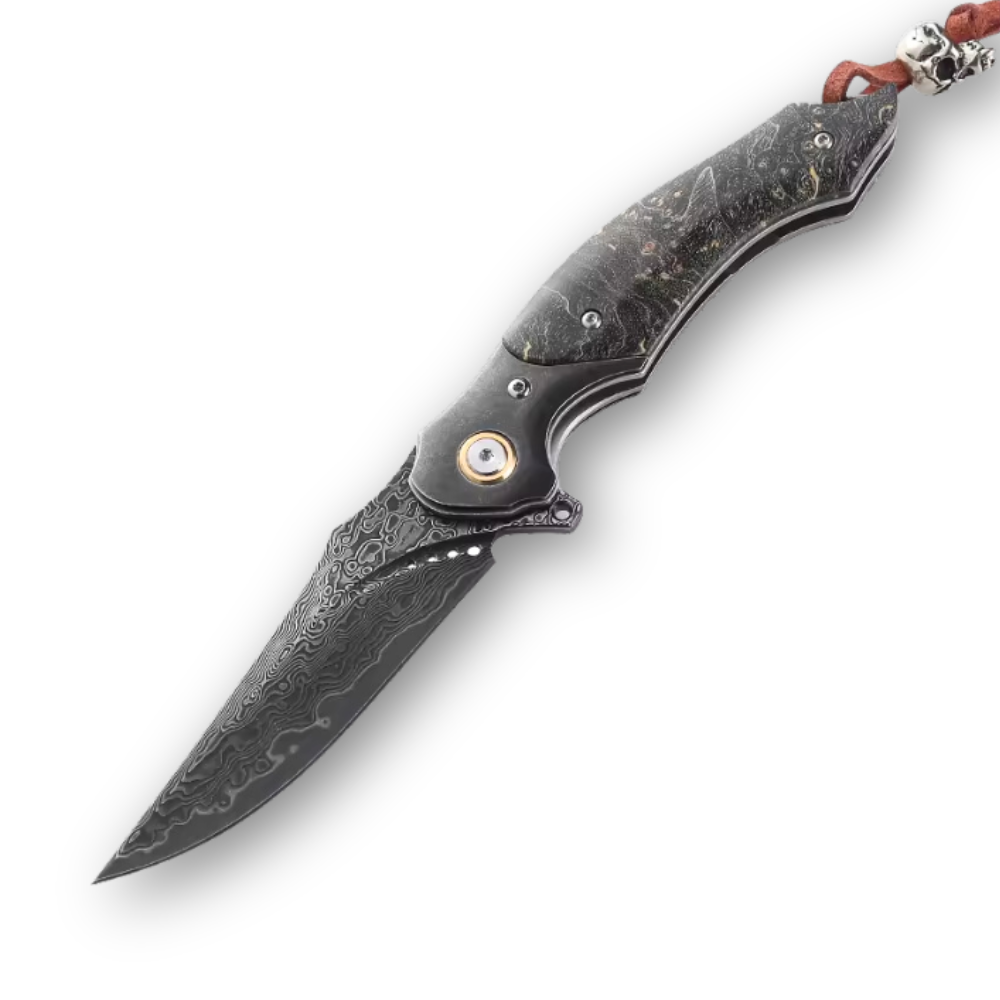
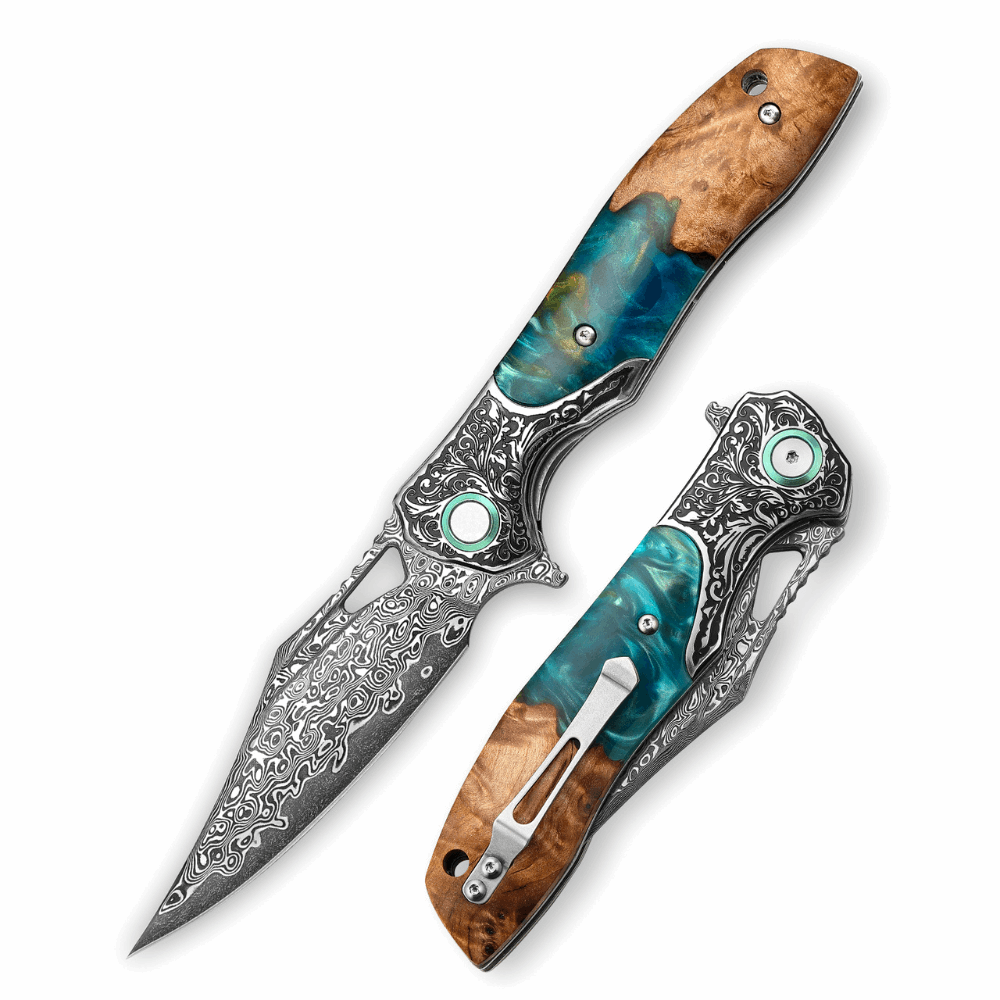
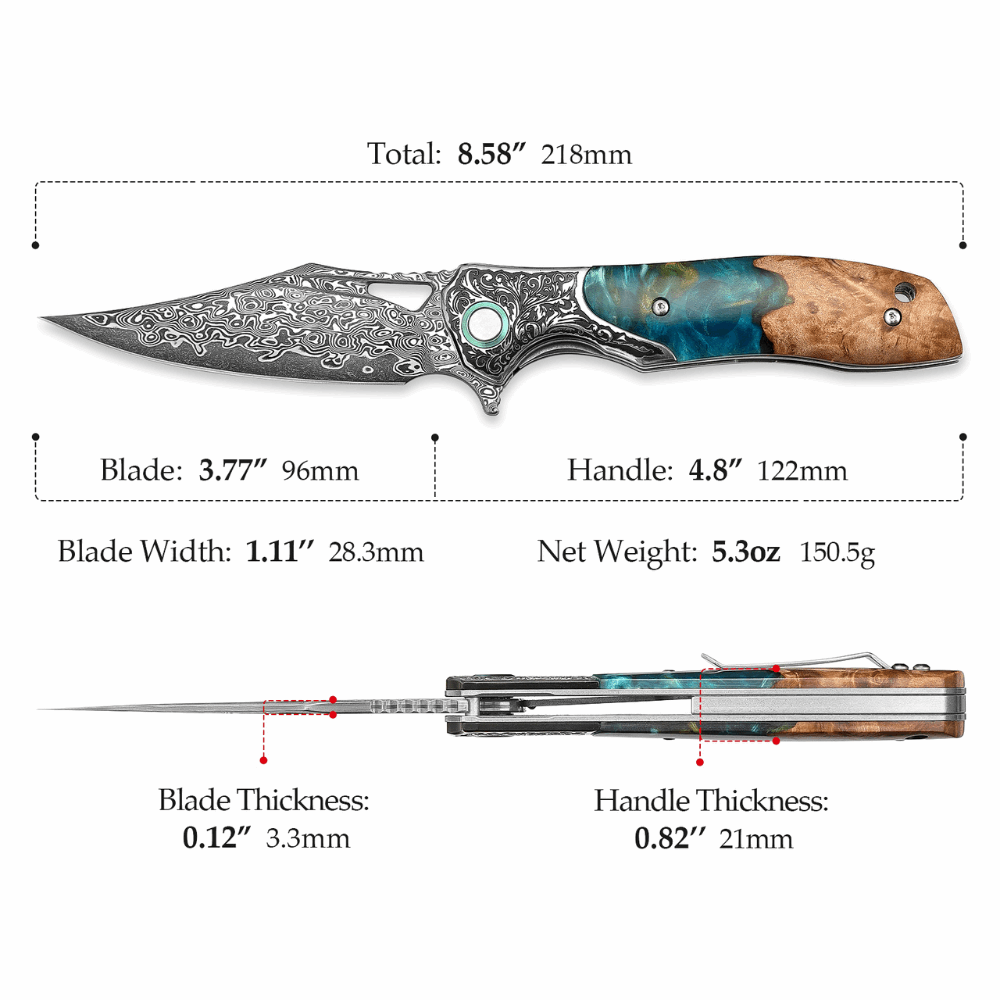
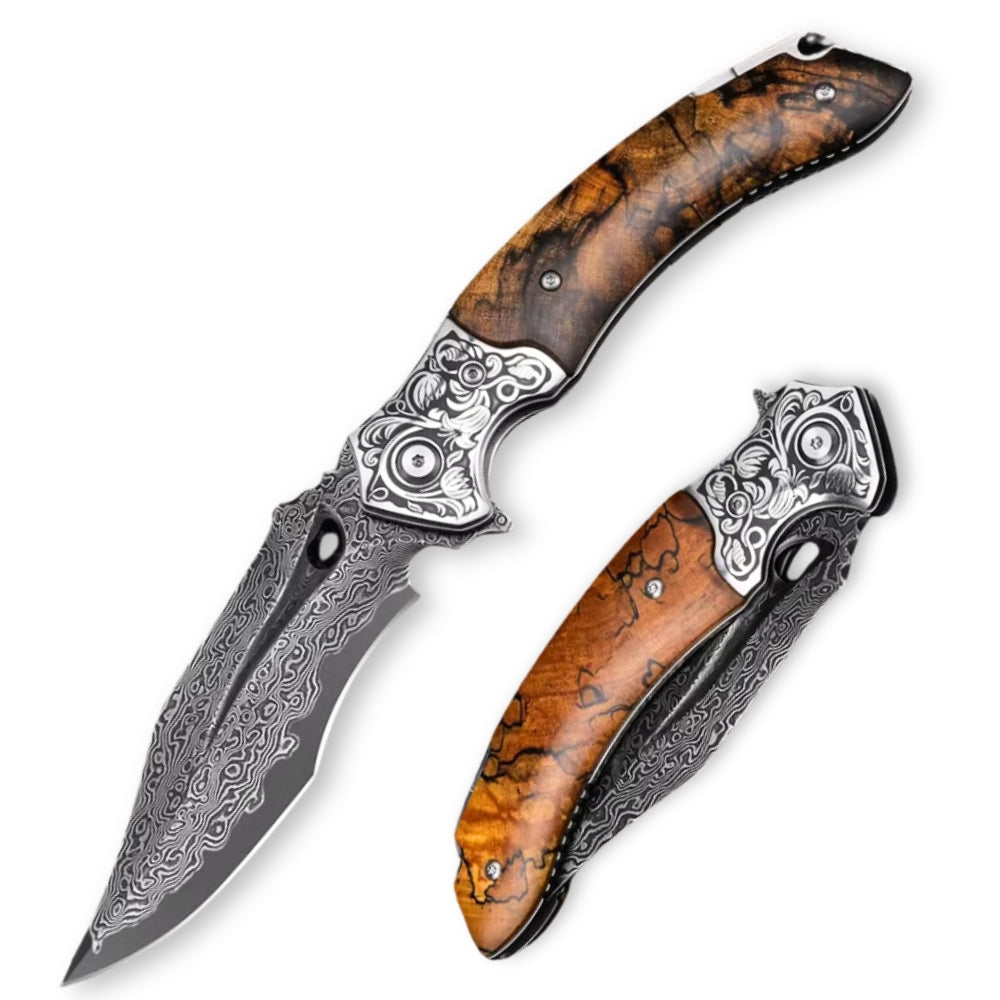
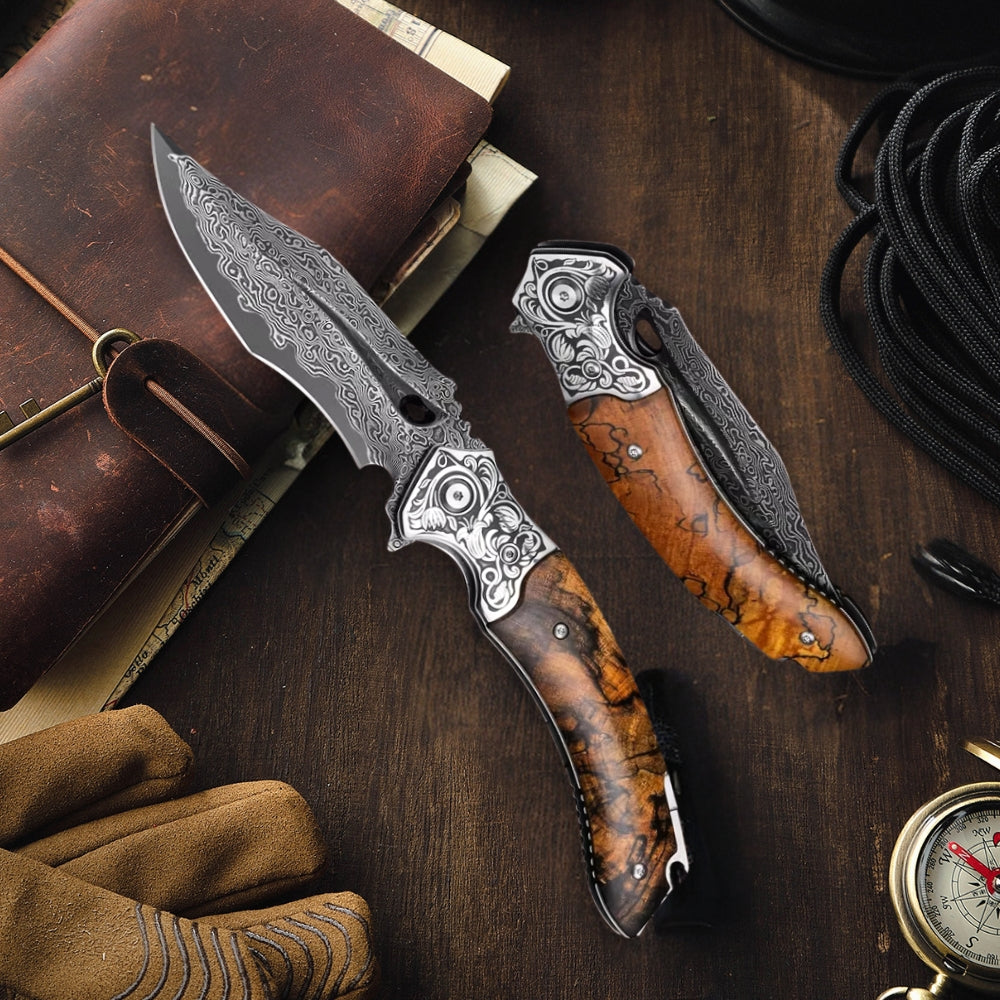
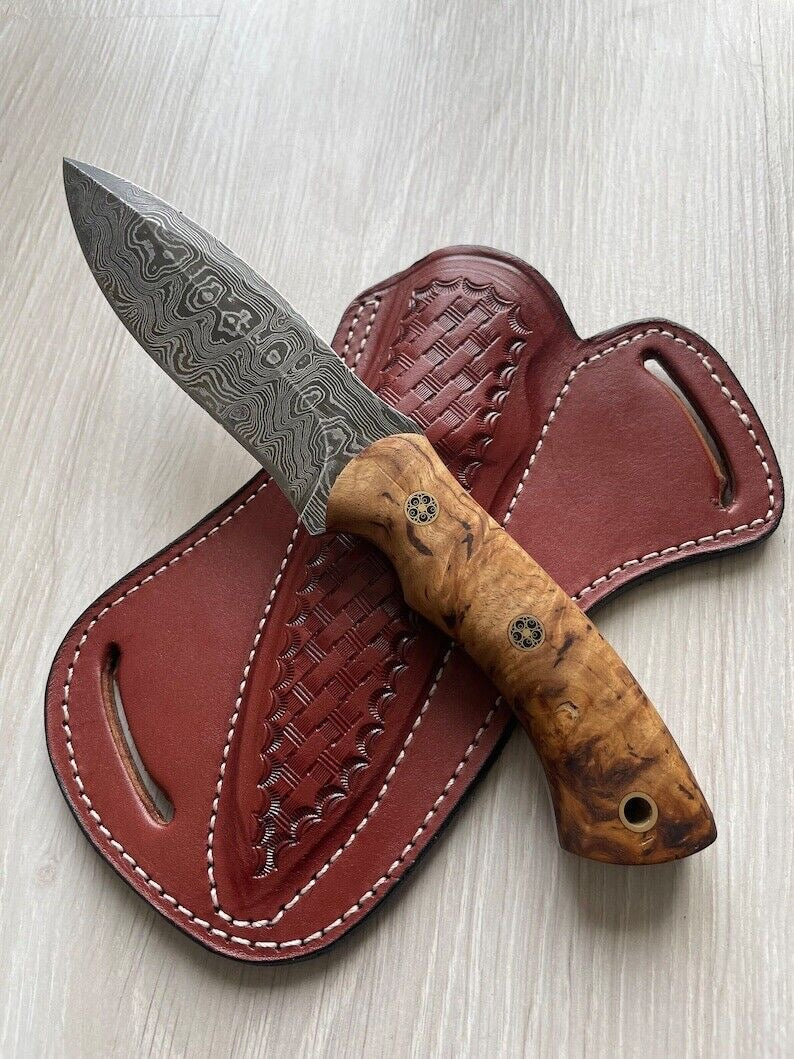
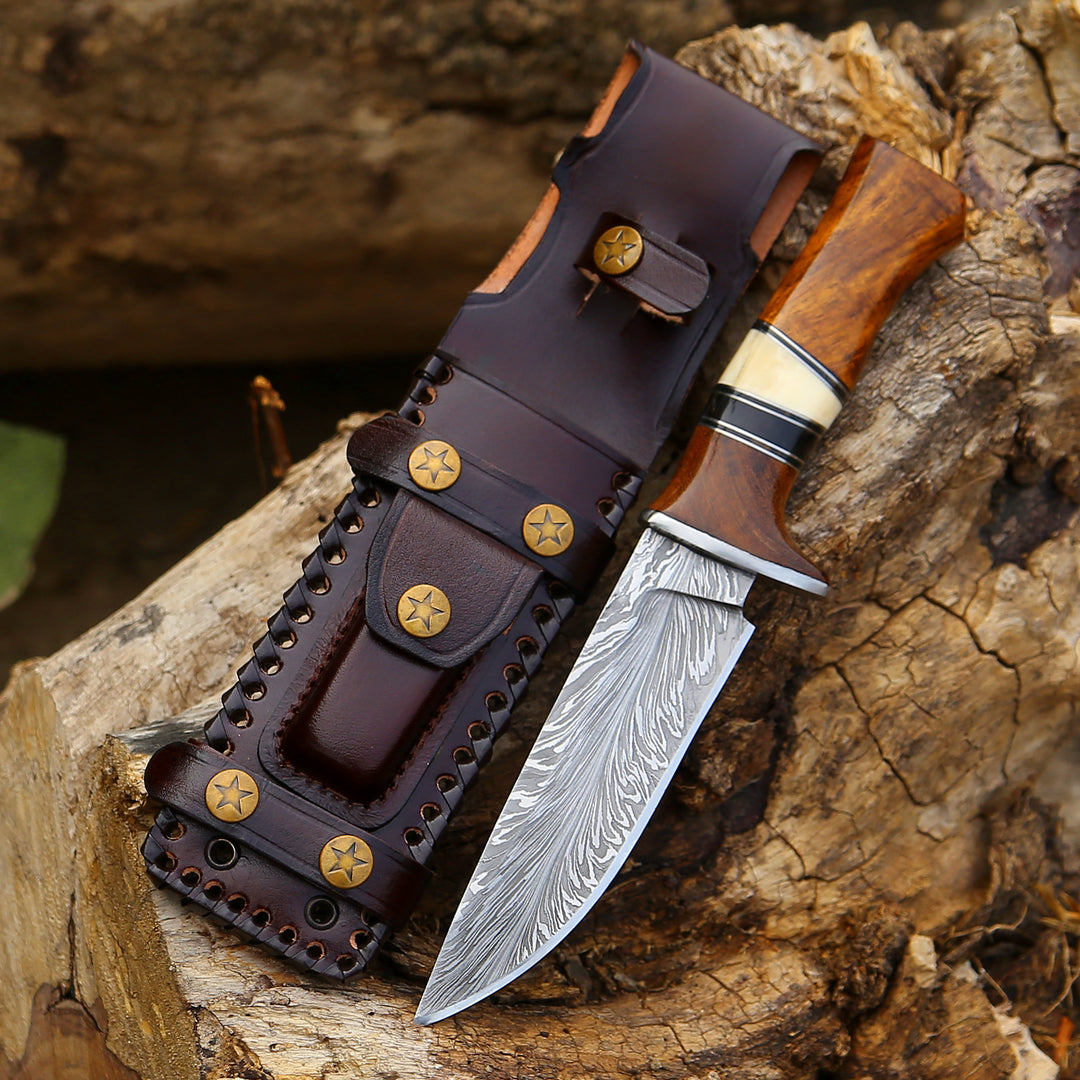

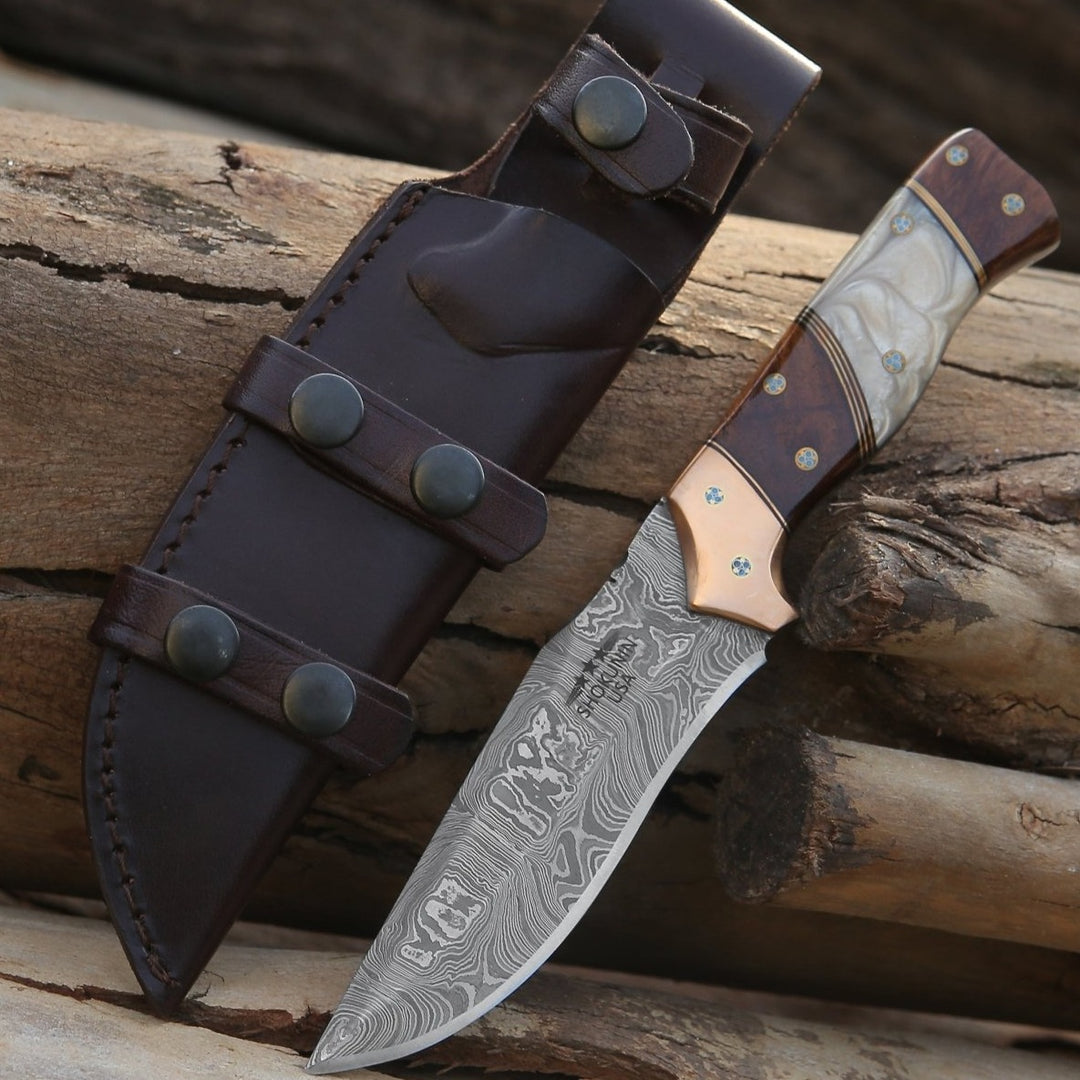
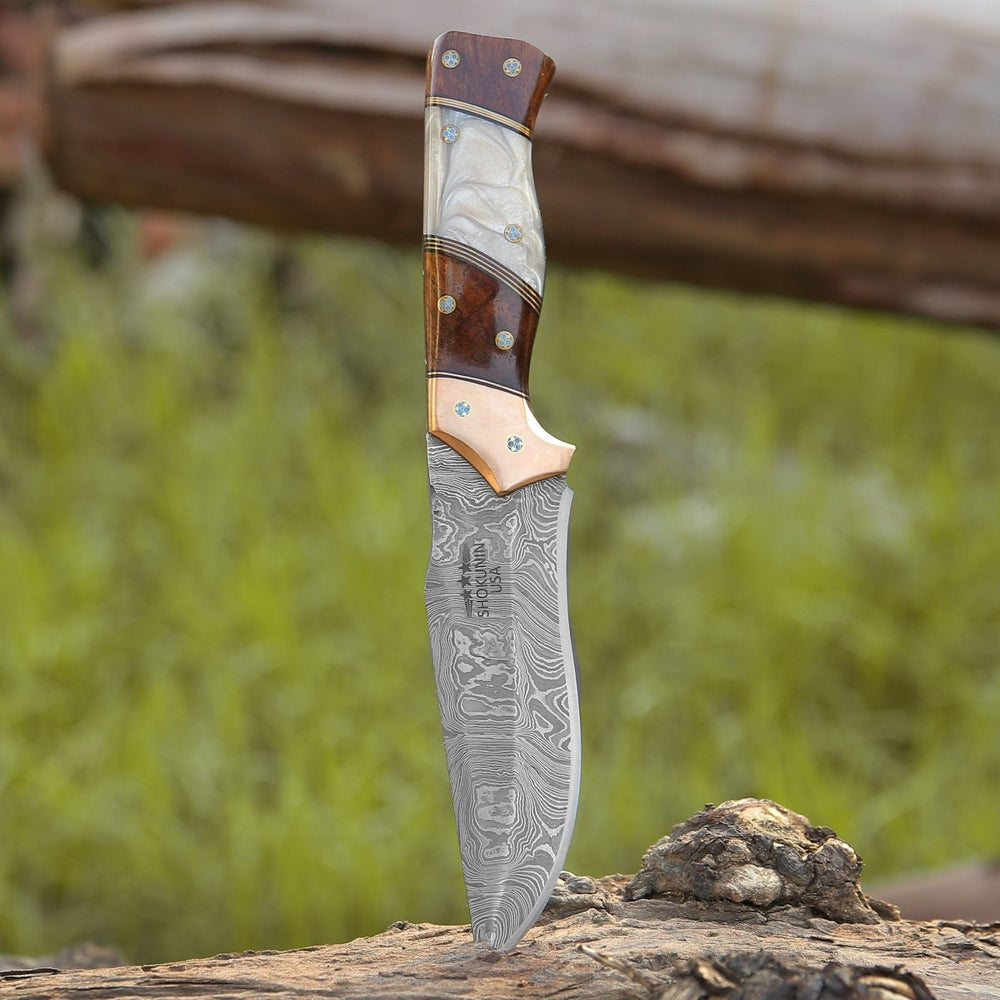

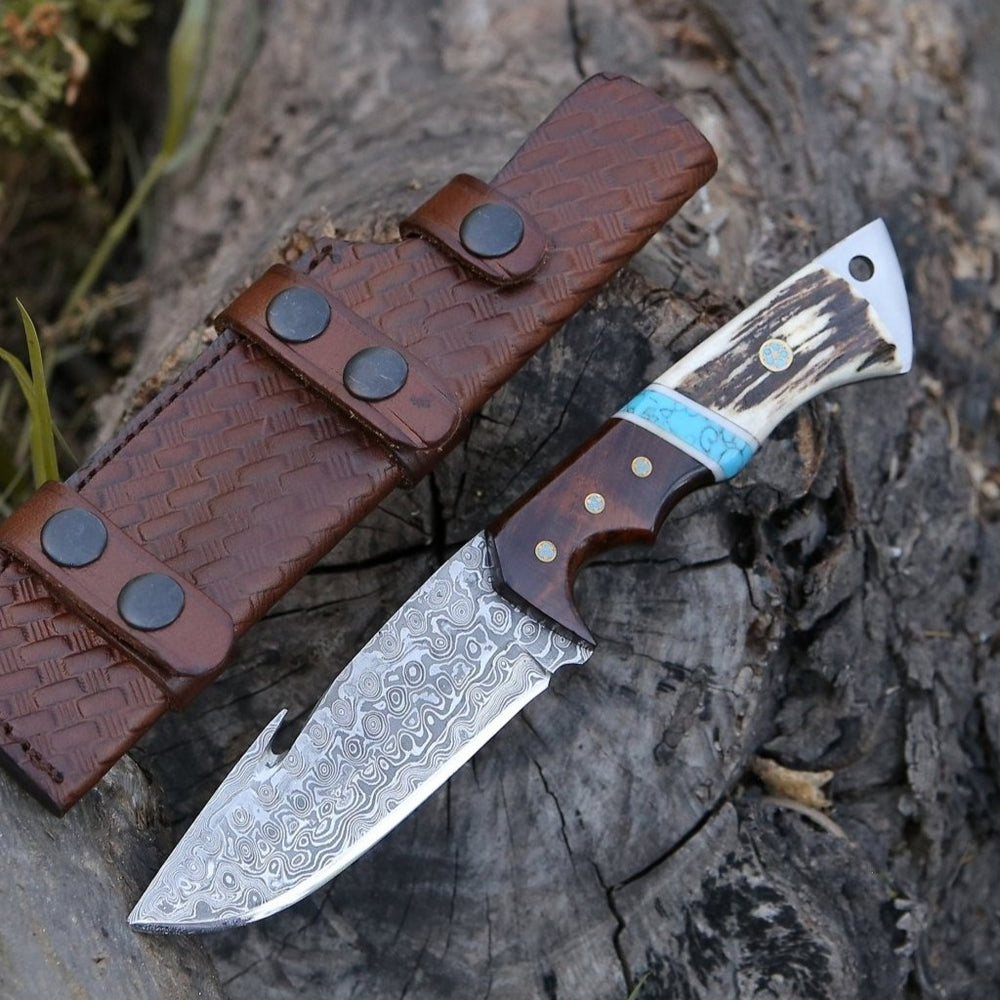
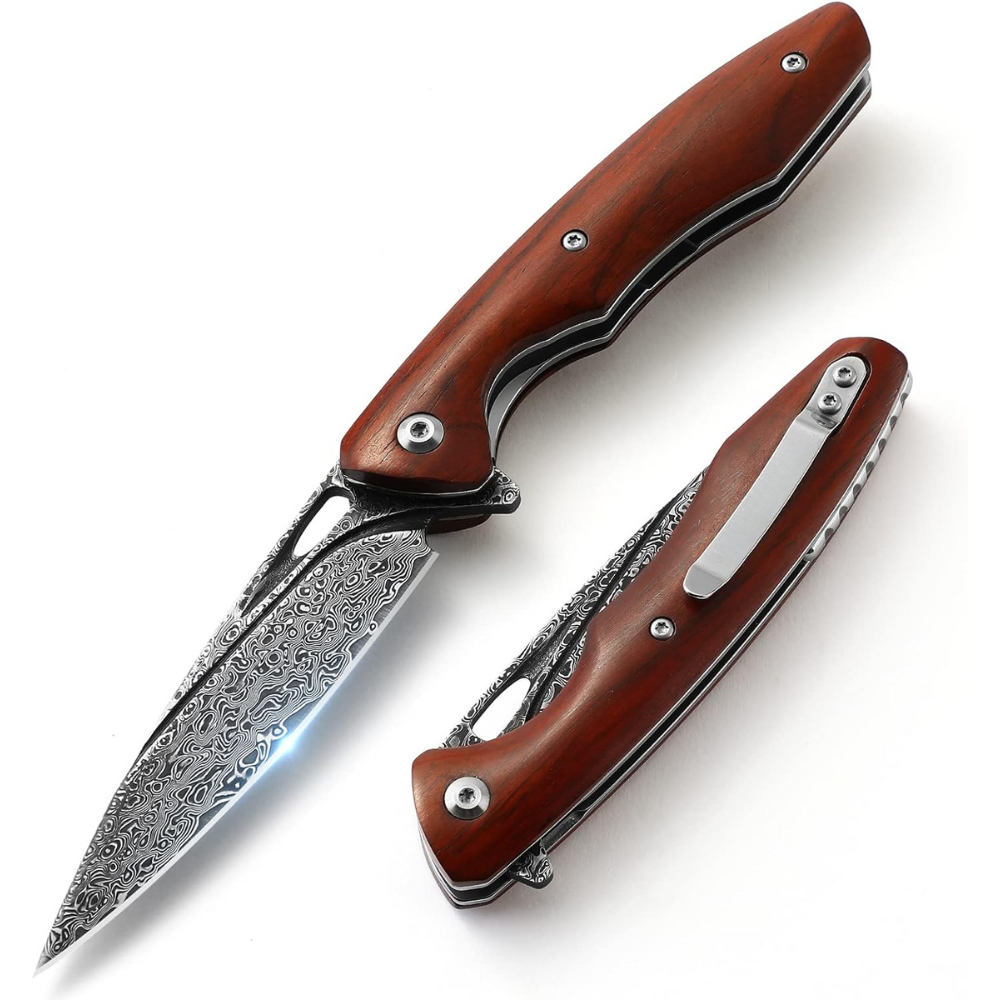
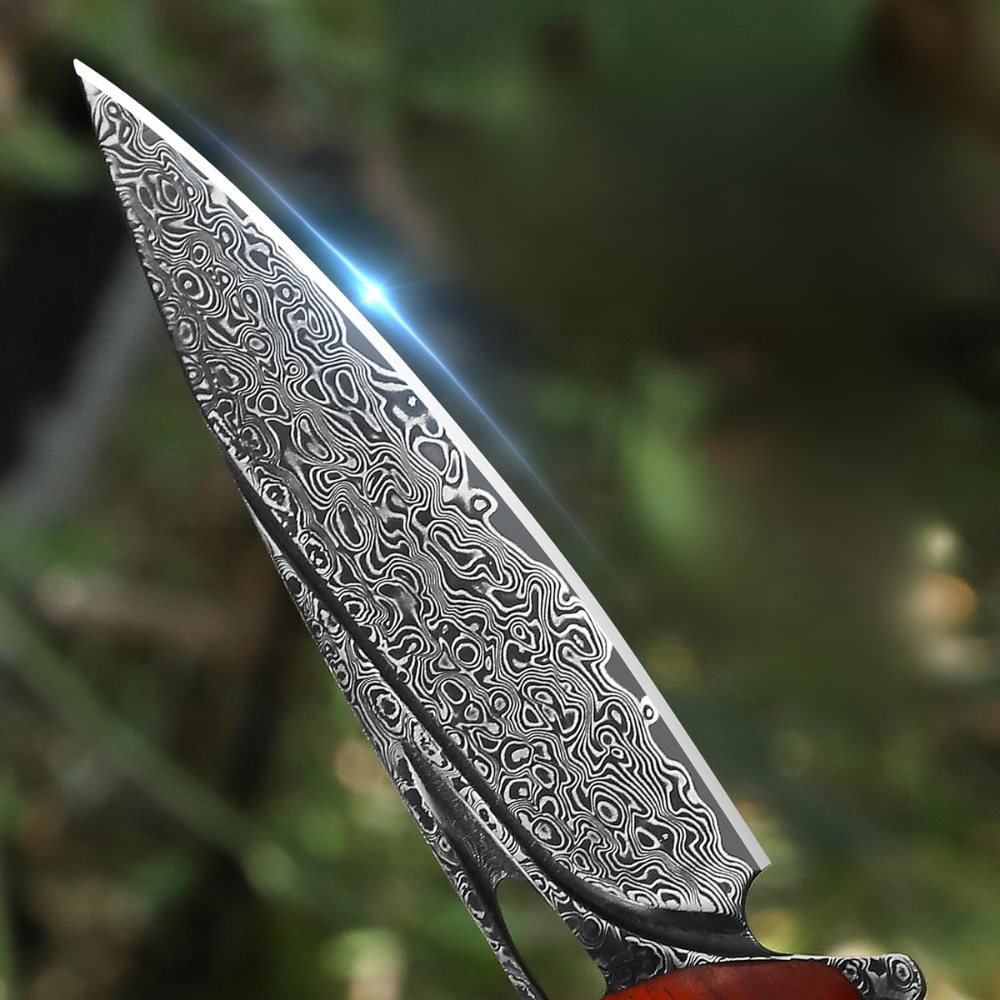
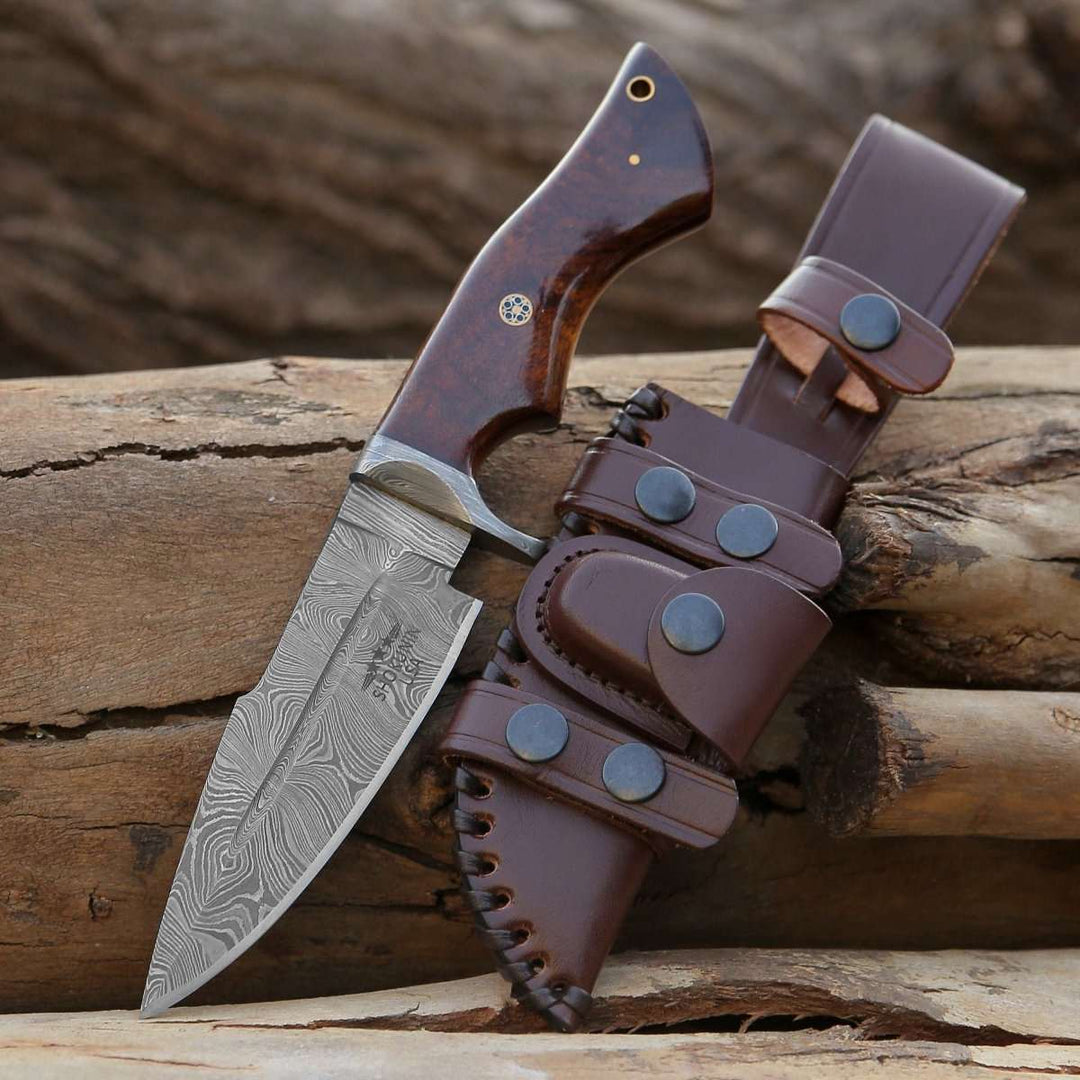
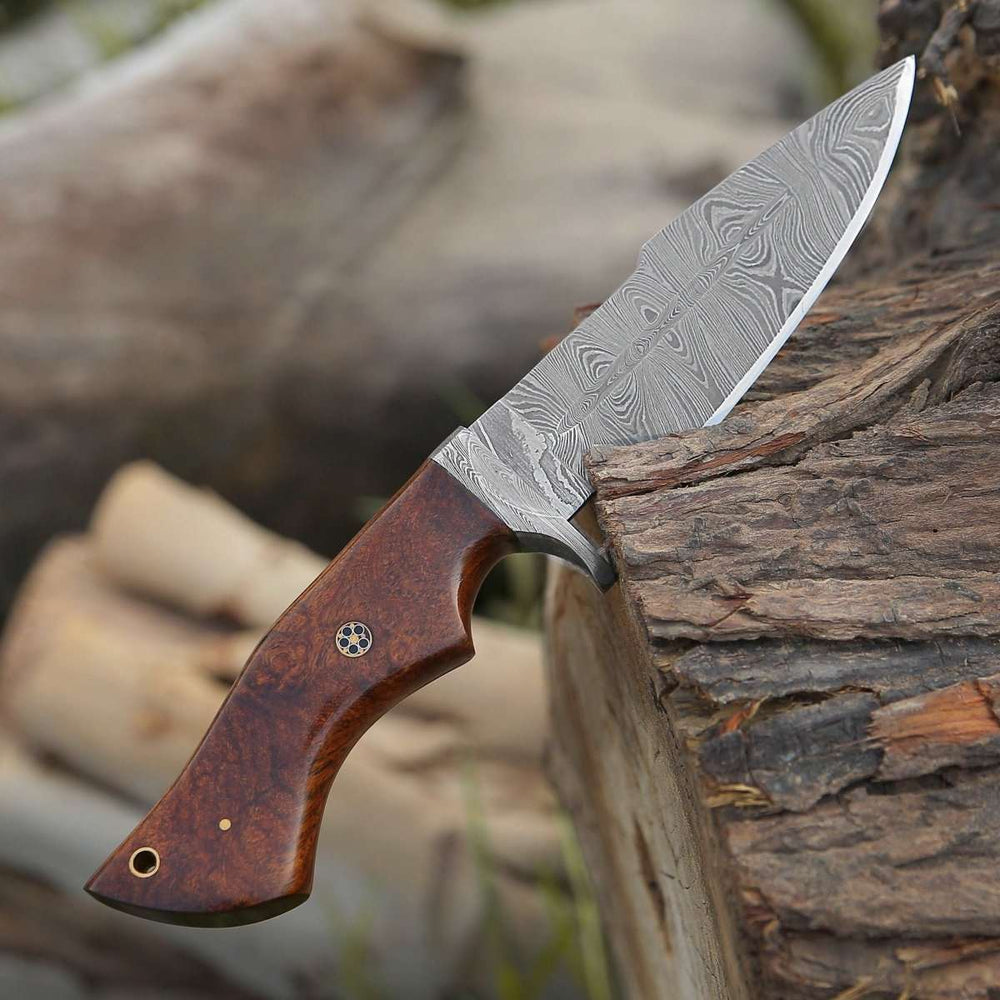
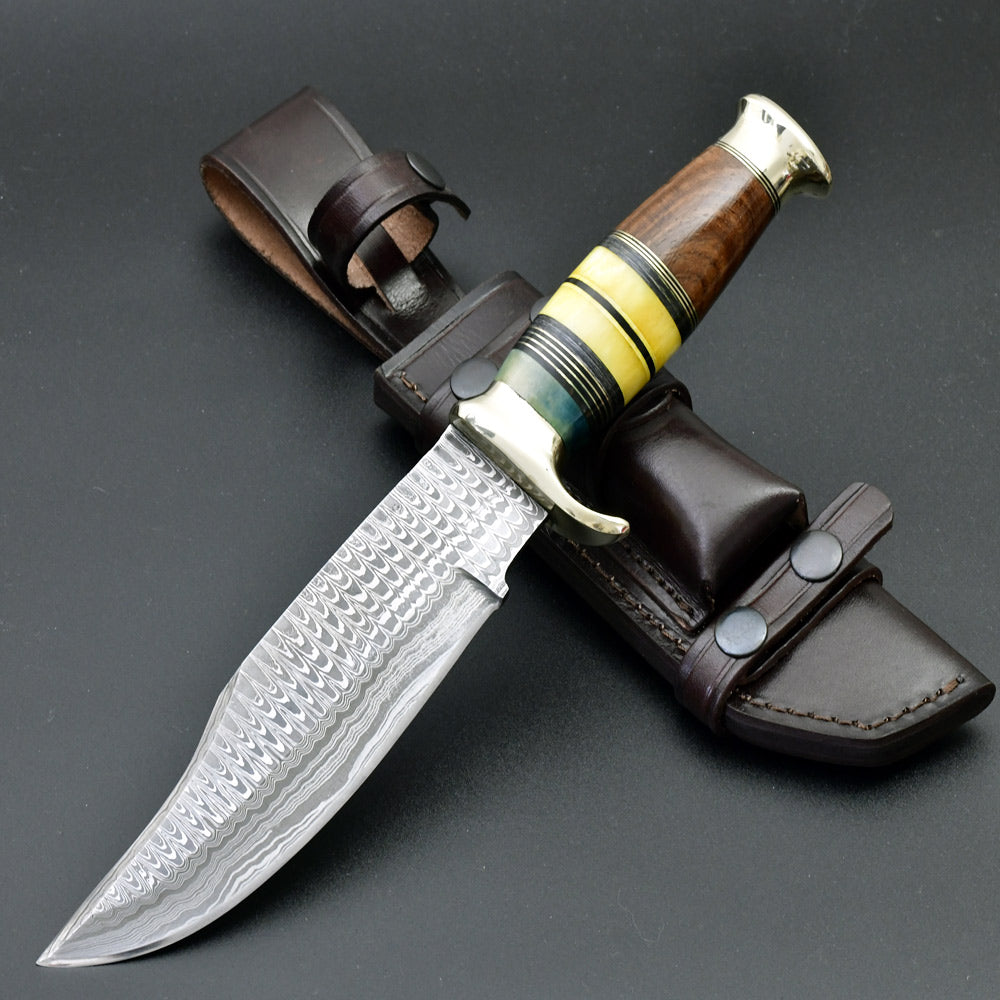
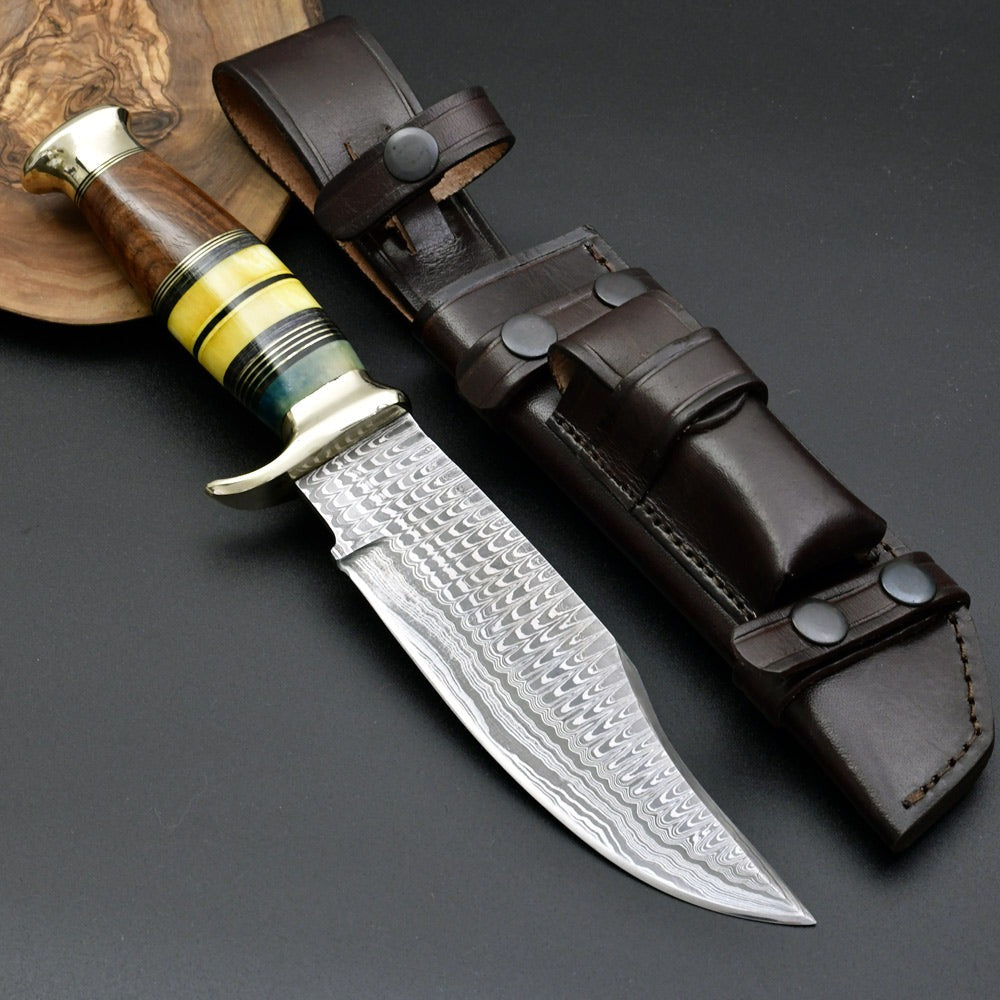
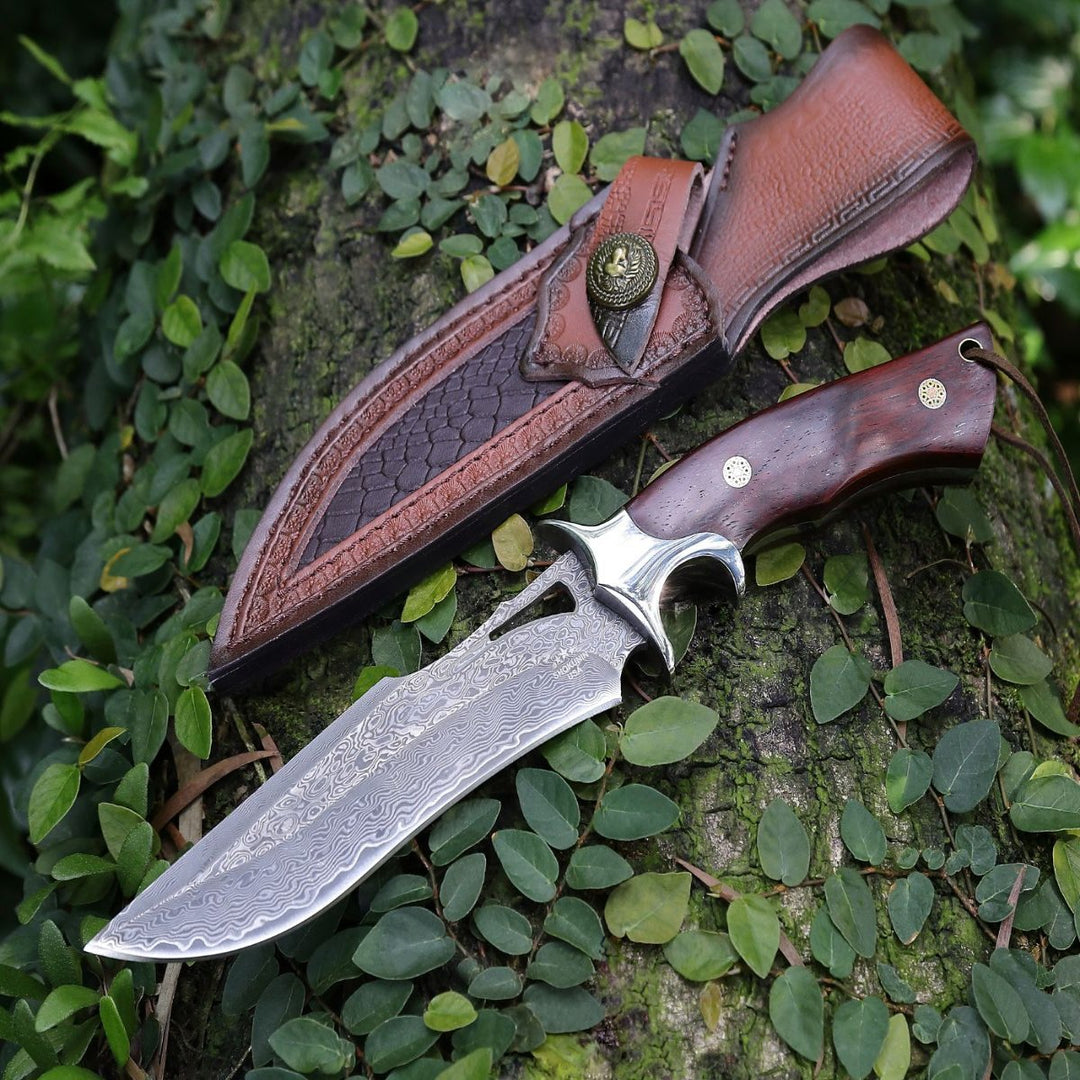
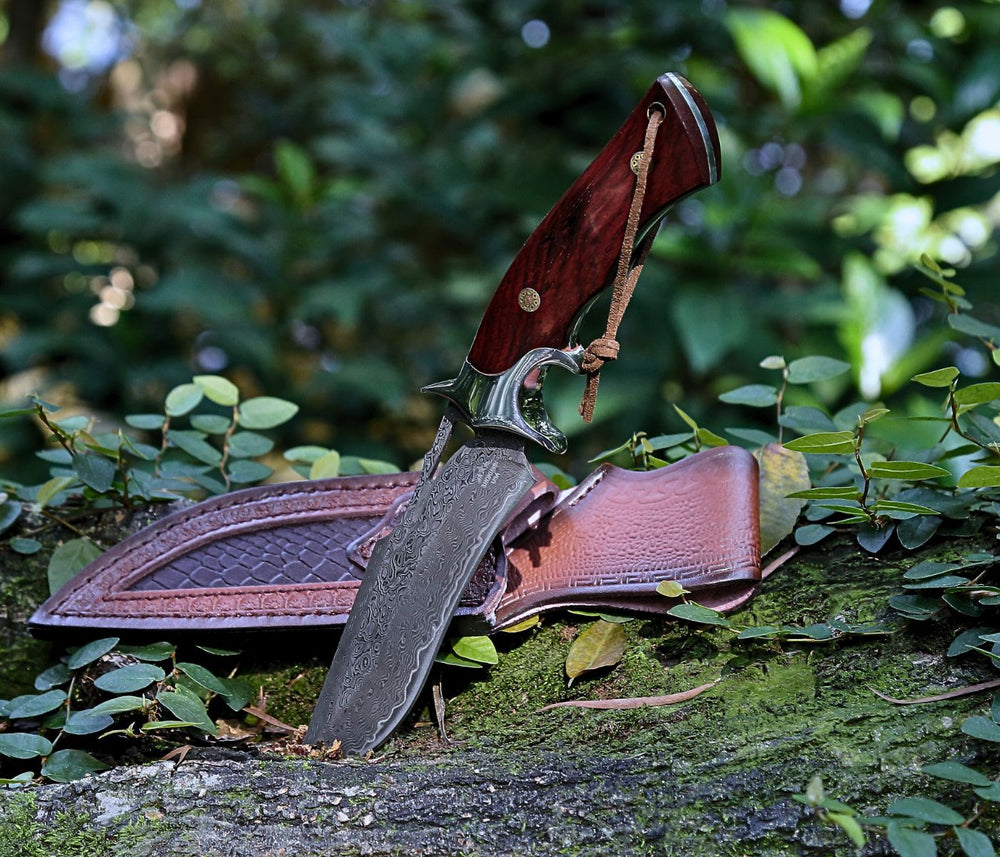
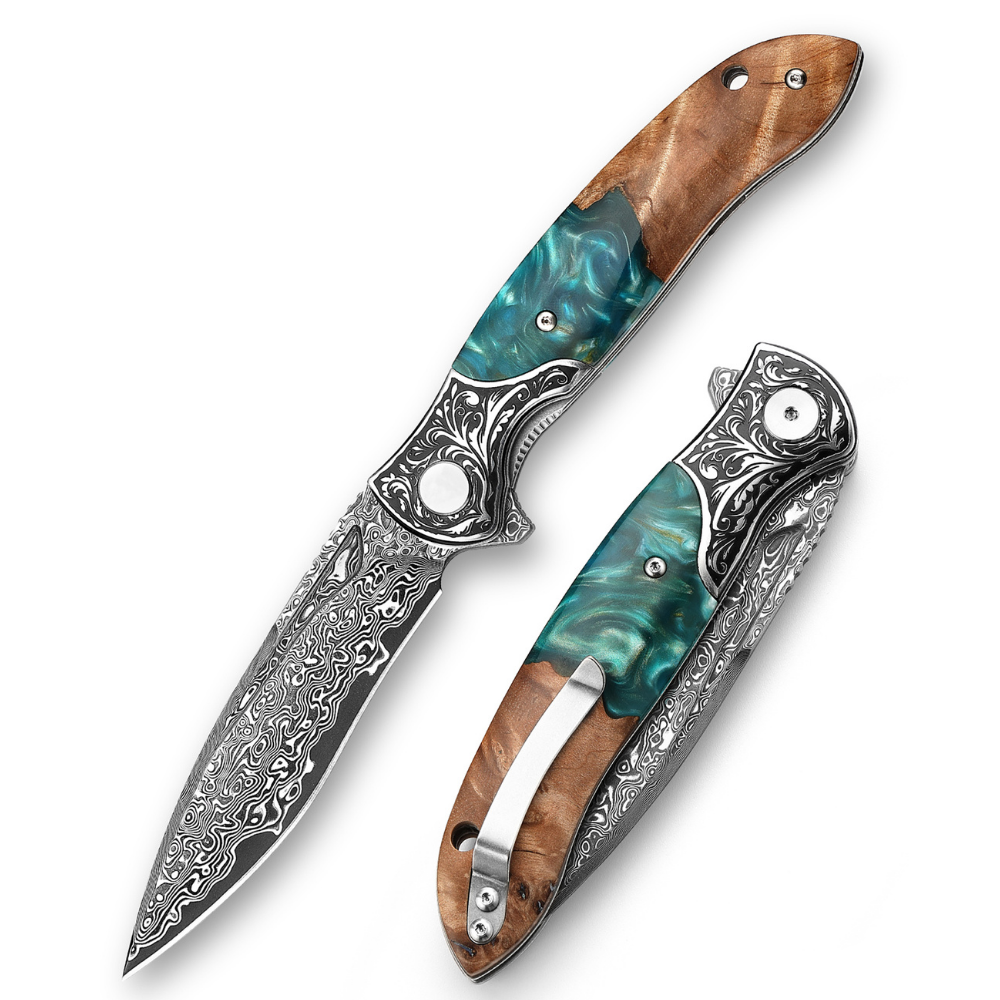
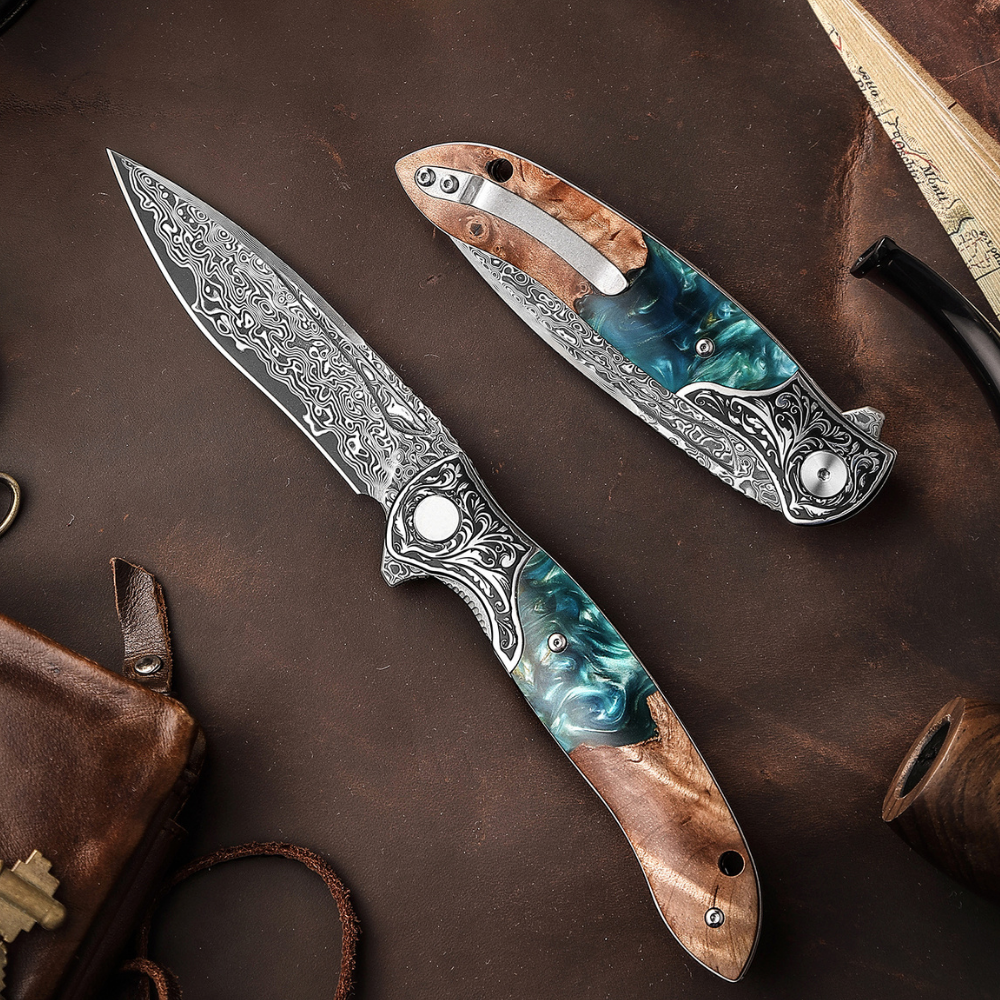
Leave a comment